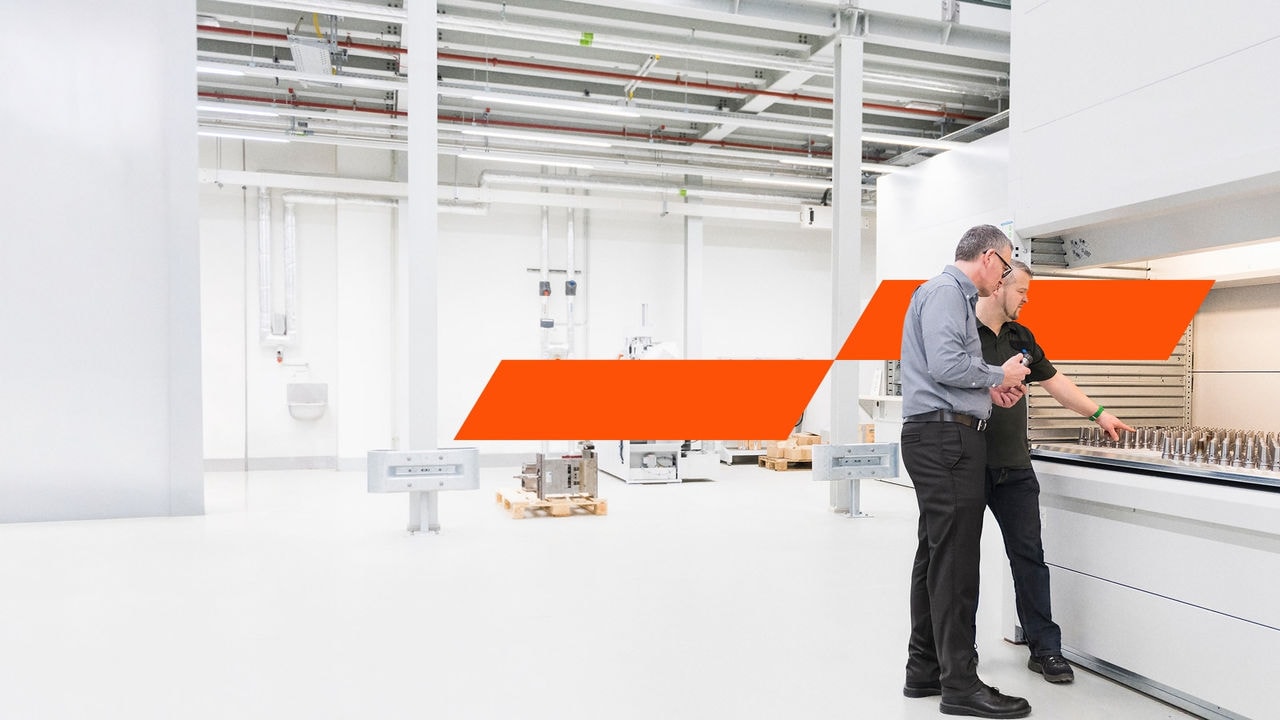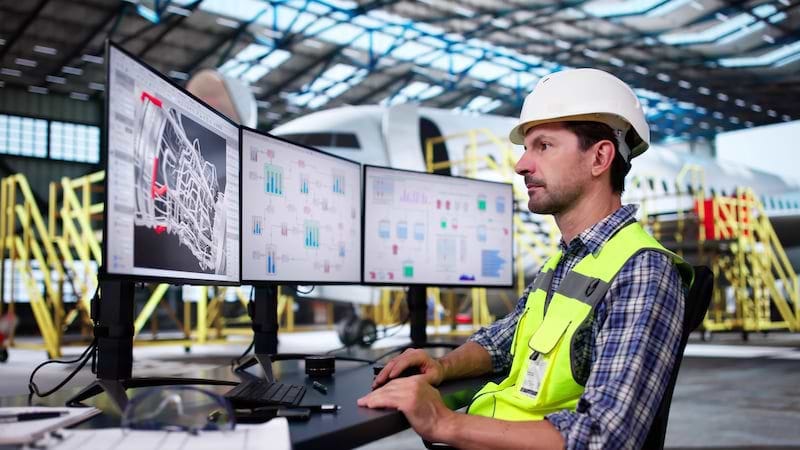
Towards a digital enterprise
Industrial manufacturing

Explore more
Digital transformation: The power of new business models in manufacturing
Sustainable growth
If you're active in the manufacturing industry, you see it constantly changing. For example, due to new, technology-driven players, global supply chain disruptions, and the transition to zero CO2 emissions. But also, due to ever-changing consumer preferences and new distribution models. We view all these challenges as opportunities for innovation for your company.
We advise you on integrating new business models and proactively invest in new technologies. This enables your organisation to adapt and develop rapidly. Our experts collaborate with manufacturers to address today's challenges. Together, we find new ways to create value and opportunities for sustainable growth.

Contact us

Industry Leader Industrials & Services, PwC Netherlands
Tel: +31 (0)62 233 25 30


















